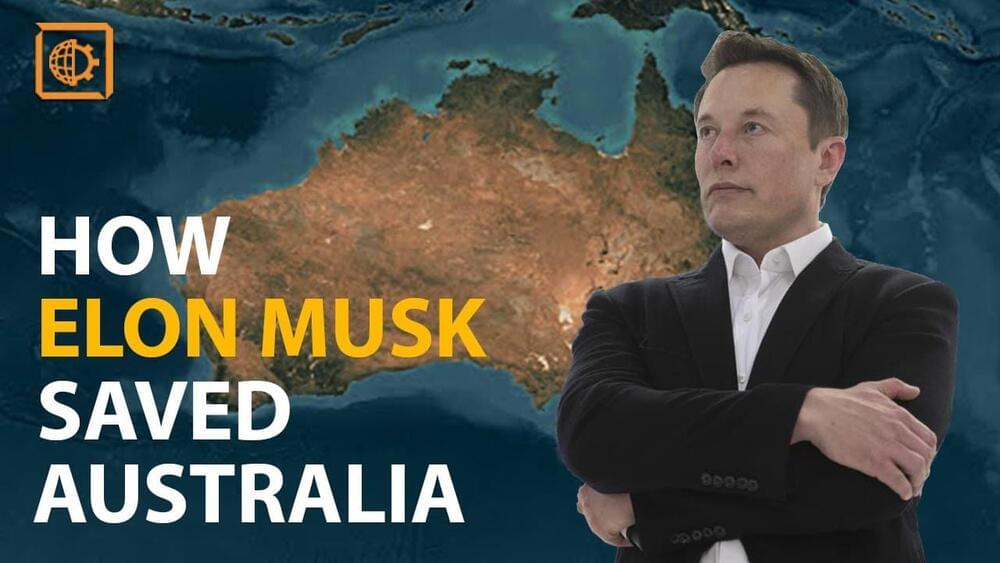SRI Newsletter, a report from IAC2021 Dubaiby Prof. Bernard Foing, SRI President, and.
Paramount important too, space philosophy and humanities are now well recognized and accepted by the space community. The first IAF Congress I attended, 1998 at Melbourne, was dramatically void of philosophy, yet participants already were missing it. I saw many young people at IAC2021, scientists, designers, economists, scholars of various disciplines, including philosophy. And, heartwarming indeed, Space Renaissance had a great enthusiastic welcome. The space people know us (and know me!), many people which I didn’t know personally shook my hand, asked me for comments and short talks, were enthusiast about the Space Renaissance… All of that is for sure due to the big work we made for our recent congress, and of course to the great world-wide influence of our new President, Prof. Bernard Foing. Yet, there is something deeper, in the feeling of this peculiar sub-assembly of humankind, that was looking ahead enough to dedicate their life to human expansion into outer space. The last two years – characterized by the Covid pandemics — have worked hard, to shape and forge space leaders, raising the awareness of the urgency to kick-off the civilian space development. And it is now maybe a general acknowledge that the space philosophers were right, when they were rushing for an acceleration of the enabling technologies, low cost access to space, space tourism, space safety, … The need to get rid of space debris was well present in several speeches, even if only a few dare to target space debris as a huge source of business development, when we’ll start capturing and reusing them.




